Tag: WordoftheDay
-
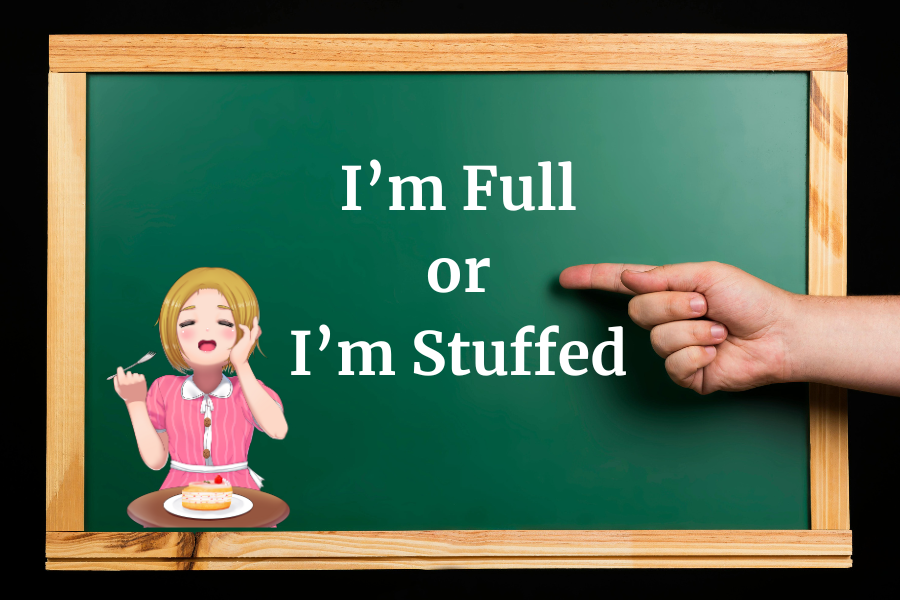
Understanding the Difference Between I’m Full vs I’m Stuffed
Introduction Have you ever finished a big meal and struggled to find the right words to express how you feel about that? Sometimes, saying “I’m full” just doesn’t seem to capture the extent of your satisfaction (or discomfort) after eating. In this blog post, we are going explore the title yet significant differences between saying…
-

A Guide to Knowing When to Use ‘At,’ ‘On,’ and ‘In’ for Places
Introduction In the English language, prepositions play a crucial role in indicating location and direction. Among the most commonly used prepositions for denoting places are “at,” “on,” and “in.” However, understanding when to use each of these prepositions can be a bit tricky for English learners. In this blog post, we will delve into the…
-
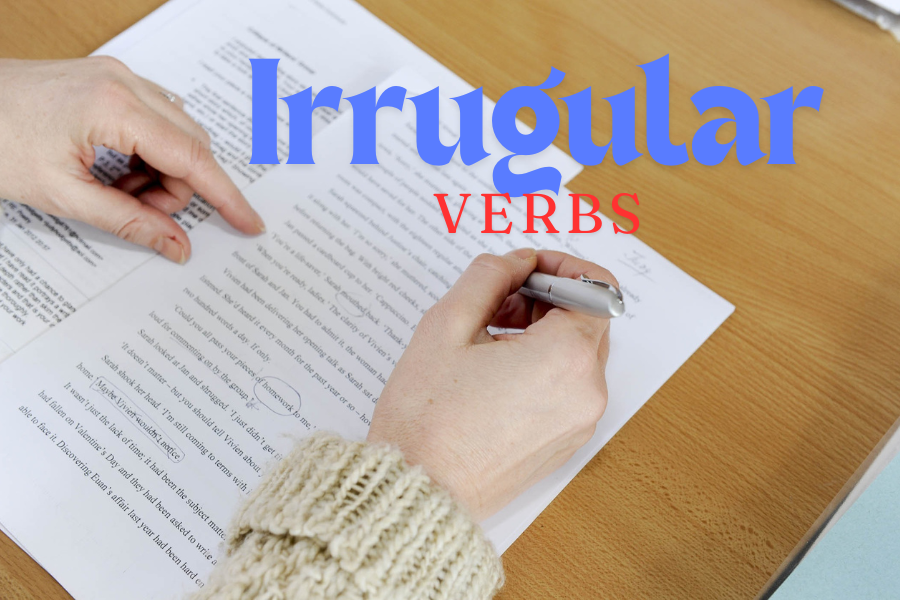
Irregular Verbs: The Most Used in English Daily Conversation
Introduction Irregular verbs are the spice of English conversation, adding flavor, nuance, and depth to everyday communication. Understanding and mastering these verbs is essential for anyone looking to speak English fluently. In this blog post, we will delve into the world of irregular verbs, focusing on the most commonly used ones in daily conversation. Example…
-
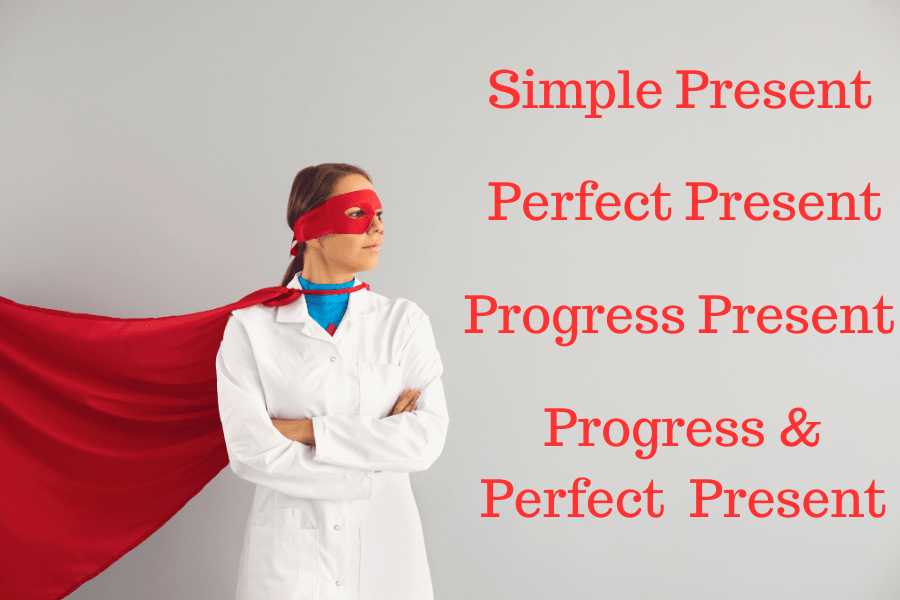
Everything You Need to Know about The Present Tenses
Present Tenses: Introduction Initially, as we know well English grammar contains 4 primary tenses; the simple present, present continuous, present perfect, and present perfect continuous. These tenses allow us to convey different meanings related to actions or states happening in the present time or having a connection to the present. Each tense has its own…
-
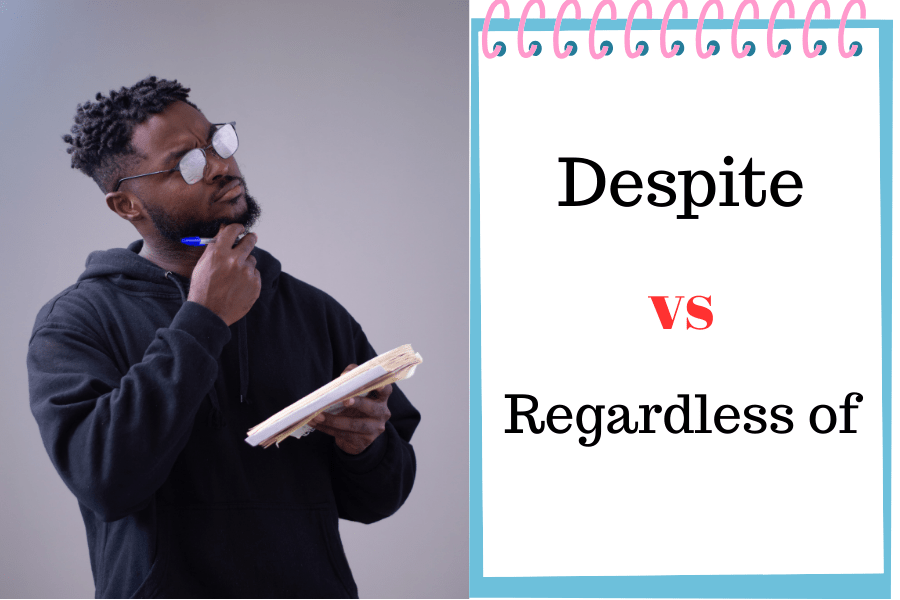
Can “Despite” and “Regardless of” be used Interchangeably?
Introduction Talking about conjunctions, both “Despite” and “regardless of” are similar in meaning and often used interchangeably in many contexts, but they seem to have some nuanced differences in usage. In this blog post, you will find the small difference between “Despite” and “Regardless of” and know how to construct them in sentences correctly and…
-
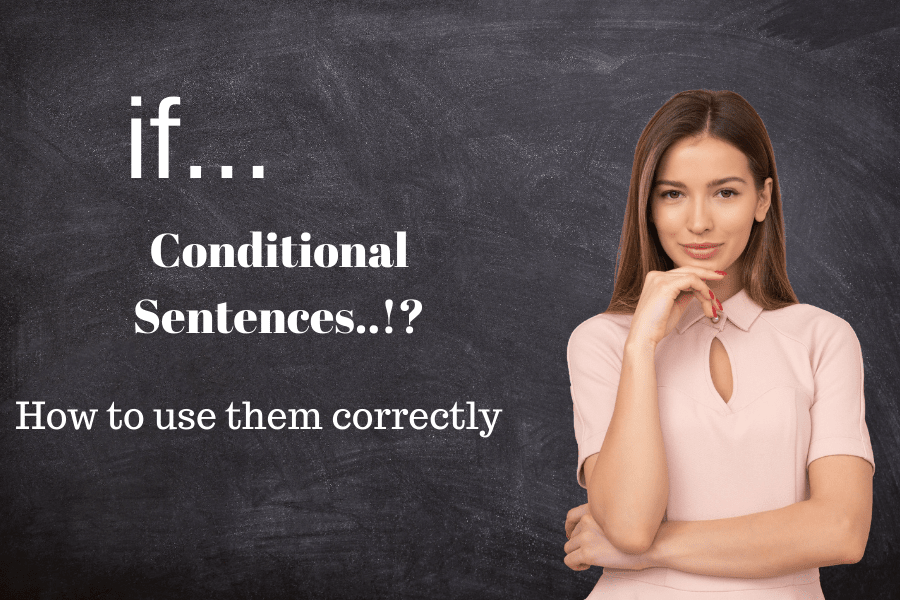
Conditionals In English: Learn How to Use “if clause”
Understanding Conditional Sentences Conditional sentences are used to express situations and their potential outcomes based on certain conditions. There are different types of conditional sentences based on the likelihood or reality of the condition being met. In this article, you will learn how to use conditionals in English grammar, including the structure of “if clauses”…
-

Stop Saying Always “I’m Sorry!”
Introduction As we speak English, we used to say I’m Sorry for expressing regret. Actually, this is a simple and direct way to express regret, and your sentence is completely correct. However, it seems not professional to always repeat this word when you are referring a regret. For example, “I’m Sorry for what I said…
-
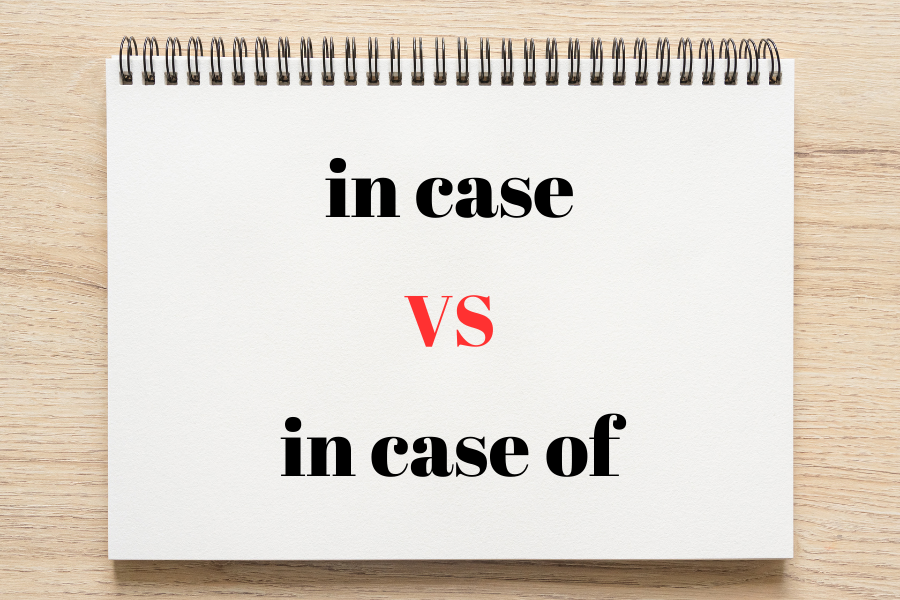
How to Use “In Case” & “In Case of” in Your English Conversations
In case & in case of: Introduction In this article, you will learn the difference between “in case” and “in case of” in English grammar, and how to use them correctly in your daily English conversations. In case and in case of: Example Before giving you the whole definition, I want to see this little…